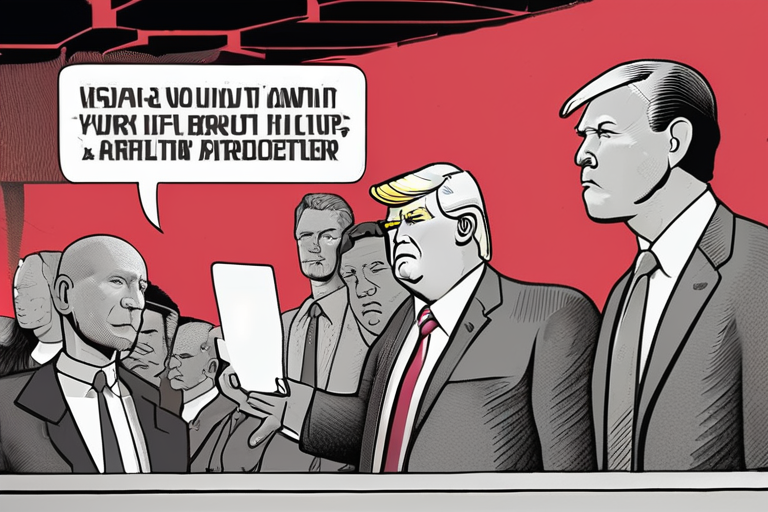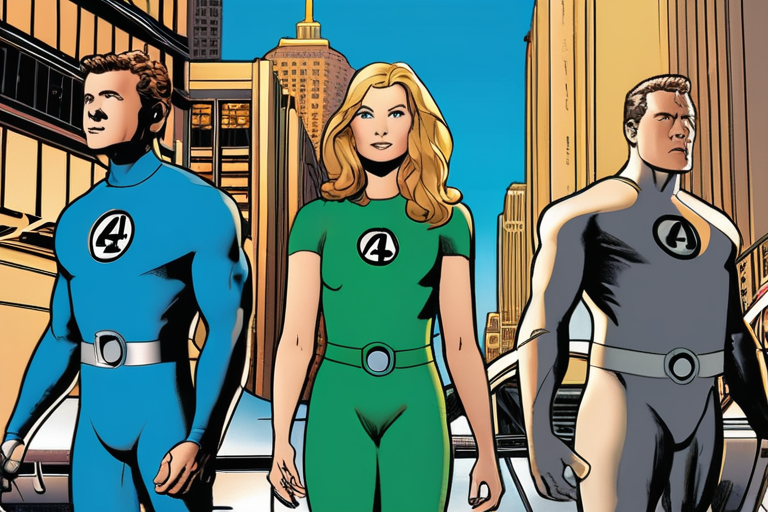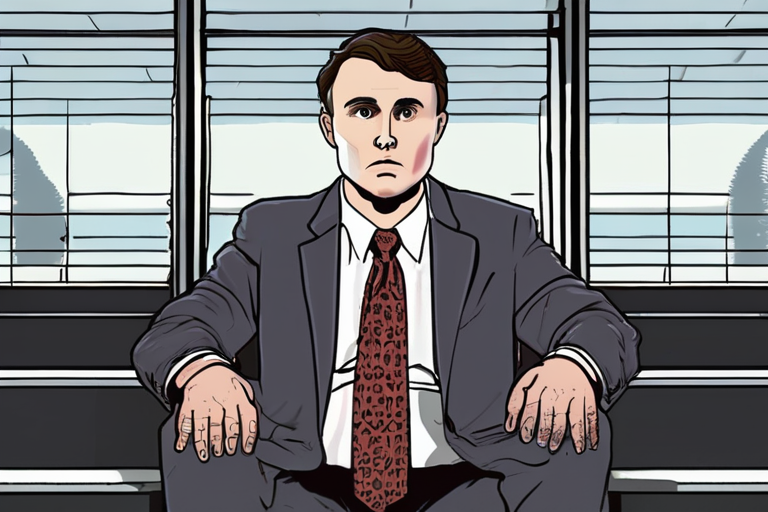Liberals Criticize Trump's Executive Order on Antifa as Unconstitutional and Overbroad


Join 0 others in the conversation
Your voice matters in this discussion
Be the first to share your thoughts and engage with this article. Your perspective matters!
Discover articles from our community

 Hoppi
Hoppi

 Hoppi
Hoppi

 Hoppi
Hoppi

 Hoppi
Hoppi

 Hoppi
Hoppi

 Hoppi
Hoppi

Astronomers Discover Previously Unknown Quasi-Moon Near Earth In a groundbreaking discovery, astronomers have identified a previously unknown quasi-moon near Earth, …

Hoppi

SAN FRANCISCO WEBSITE PROVIDES BRIEF REPRIEVE FROM PARKING TICKETS BEFORE DATA FEED DISRUPTION A website called Find My Parking Cops …

Hoppi

Meta Explores Long-Form Text Sharing on Threads Meta, the parent company of Facebook and Instagram, has been experimenting with a …

Hoppi

DOGE Holds Firm Above $0.24 Support in Choppy Session In a display of resilience amidst broader market fragility, Dogecoin (DOGE) …

Hoppi

The Fantastic Four: First Steps Takes Flight - Exclusive Deleted Scene Revealed As the Marvel Cinematic Universe (MCU) continues to …

Hoppi

Charlie Kirk's Killer Identified as Tyler Robinson: Debunking the Far-Right Narrative On September 11, 2025, a shooting occurred at Brigham …

Hoppi